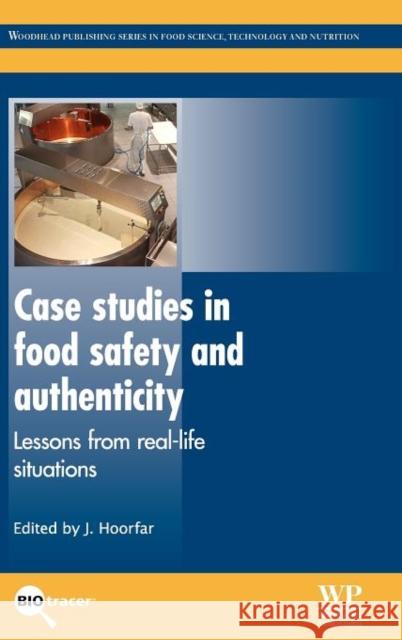Case Studies in Food Safety and Authenticity : Lessons from Real-Life Situations » książka
topmenu
Case Studies in Food Safety and Authenticity : Lessons from Real-Life Situations
ISBN-13: 9780857094124 / Angielski / Twarda / 2012 / 408 str.
The identification and control of food contaminants rely on careful investigation and implementation of appropriate management strategies. Using a wide range of real-life examples, Case studies in food safety and authenticity provides a vital insight into the practical application of strategies for control and prevention.
Part one provides examples of recent outbreak investigations from a wide range of experts around the world, including lessons learnt, before part two goes on to explore examples of how the source was traced and the implications for the food chain. Methods of crisis management are the focus of part three, whilst part four provides studies of farm-level interventions and the tracking of contaminants before they enter the food chain. Part five is focussed on safe food production, and considers the challenges of regulatory testing and certification, hygiene control and predictive microbiology. The book concludes in part six with an examination of issues related to food adulteration and authenticity. With its distinguished editor and international team of expert contributors, Case studies in food safety and authenticity is a key reference work for those involved in food production, including quality control, laboratory and risk managers, food engineers, and anyone involved in researching and teaching food safety.- Delivers a vital insight into the practical application of strategies for control and prevention of food contaminants
- Provides detailed examples of recent outbreak investigations from a wide range of international experts, discussing how the source was traced and the implications for the food chain
- Chapters discuss methods of crisis management, farm-level interventions, safe food production and the challenges of regulatory testing and certification











